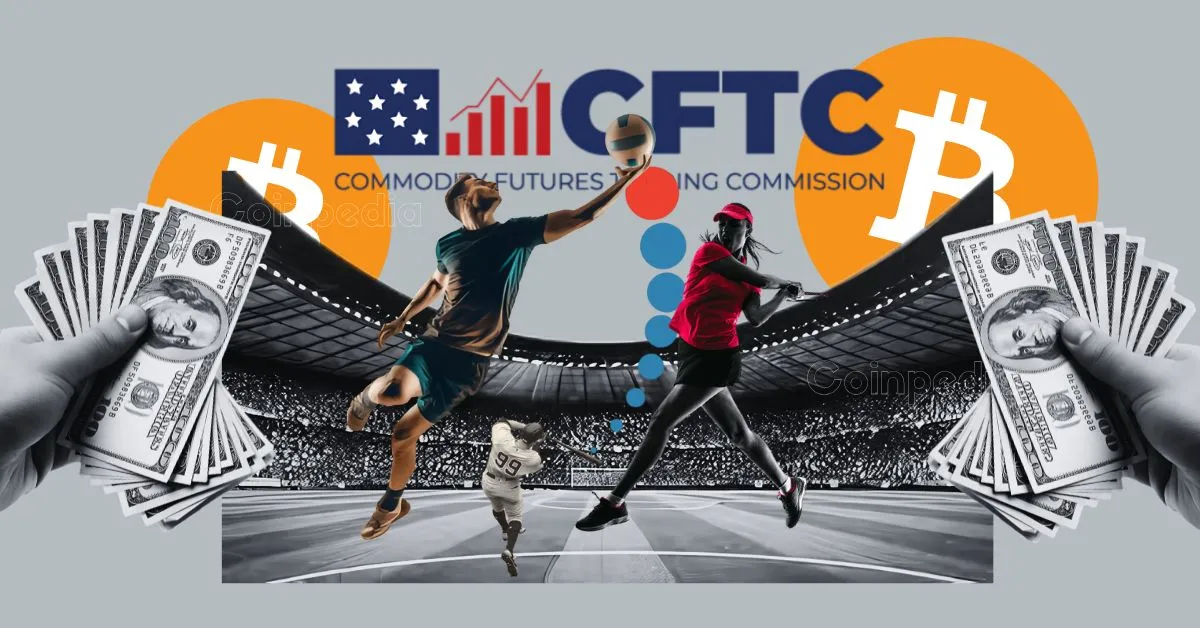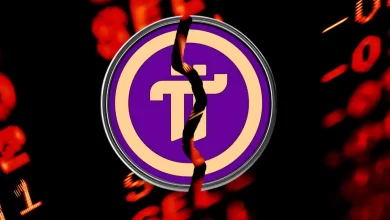
The CFTC is investigating Crypto.com and Kalshi's sports prediction markets to determine if they constitute "gaming" under the Commodities Exchange Act.
The classification of these contracts as "gaming" is crucial, as it will determine the CFTC's regulatory authority.
The outcome of the investigation will significantly impact the future of sports and event-based prediction markets.
The Commodity Futures Trading Commission (CFTC) is diving into the world of sports prediction markets on platforms like Crypto.com and Kalshi. This investigation, first reported by Bloomberg, is asking a big question: Should these contracts be classified as “gaming” under the Commodities Exchange Act?
The answer could change how sports betting and event-based markets are regulated, possibly shaking up the way we bet on everything from football games to who will advertise during the Super Bowl.
So, what’s really at stake here? Let’s break it down.
Is Sports Betting “Gaming”?
The key question in this investigation is whether sports prediction markets should be considered “gaming.” According to crypto lawyer Aaron Brogan, if sports betting isn’t legally seen as gaming, the CFTC may not have the authority to stop platforms like Crypto.com and Kalshi from offering such contracts. However, previous legal discussions suggest that sports betting has been included in the law’s restricted categories.
Brogan pointed to a past ruling on Kalshi’s election betting contracts, where a judge defined gaming as “playing games for stakes.” While this ruling could challenge Kalshi’s sports contracts, it isn’t legally binding, and other judges might interpret it differently.
Why a Leadership Change is Important
With Republican Caroline Pham now leading the CFTC, there’s speculation that the agency might take a more relaxed approach to retail-oriented event contracts. The previous Democratic-led commission had been critical of such contracts, opposing platforms like PredictIt and Kalshi for offering election-based bets.
However, it’s still unclear how much of a policy shift will occur. If the CFTC continues to investigate Kalshi’s sports contracts after Pham’s appointment, it may indicate the agency is maintaining a strict stance on certain event-based markets.
Kalshi’s Growing Sports Market
Despite the ongoing investigation, Kalshi has made significant strides in the sports prediction market. After withdrawing two sports-related filings, it self-certified a new contract focused on spectator sports. On January 24, Kalshi launched a Super Bowl market for the “Kansas City vs. Philadelphia” game, which has already seen $2.5 million in trading.
The platform also introduced contracts on brands expected to advertise during the game, generating over $1.5 million in trading activity.
What’s Next for These Platforms?
If the CFTC classifies sports prediction contracts as gaming, platforms like Kalshi and Crypto.com could face regulatory issues or even bans on offering these contracts. On the other hand, if courts lean toward a broader interpretation, these platforms may have a strong case to keep operating.
As the CFTC investigates, a decision on the legality of these contracts will likely come after the Super Bowl on February 9. For now, the future of sports-based prediction markets remains uncertain, with regulators and legal experts continuing to debate the issue.








